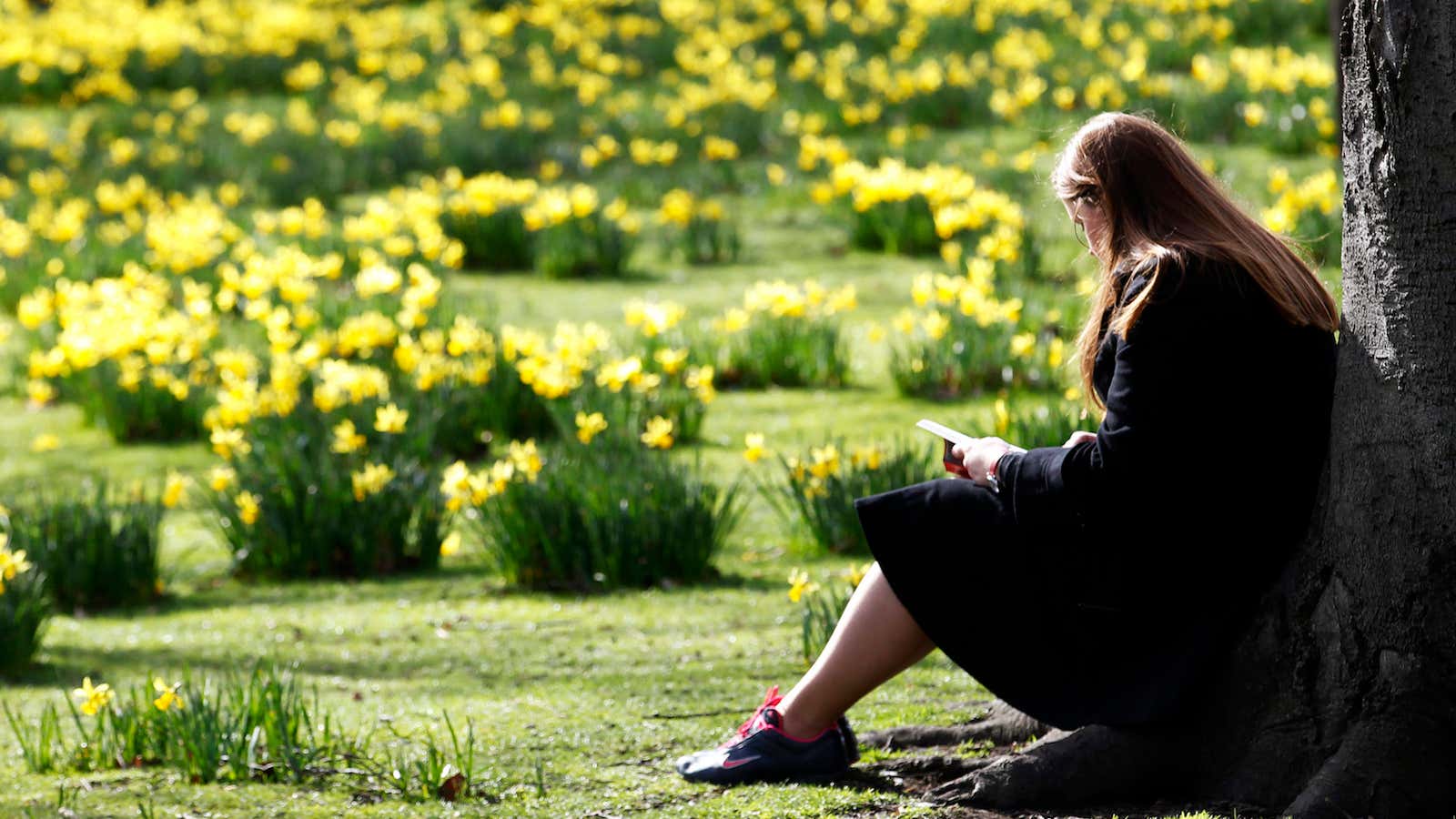Medical experts predicted that the Covid-19 pandemic would prompt a mental-health crisis. A new report from the Centers for Disease Control and Prevention shows they were right.
One-fourth of young adults between the ages of 18 and 24 said they had considered suicide in the past 30 days, according to the online survey of 5,412 adults administered by Qualtrics in late June.
A similar percentage also said they’d started to use or increased their consumption of substances as a way of coping with the stress and emotional toll of the pandemic. And roughly half of young adults reported experiencing symptoms of anxiety and depression between April and June of this year.
Across the board, adults from 18 to 24 years old were more likely to report experiences with suicidal ideation, substance abuse, anxiety, and depression tied to the pandemic than any other age group. The prevalence of harmful mental-health effects actually decreased with age, with Americans ages 65 and up reporting the lowest levels of anxiety, depression, and related problems.
The CDC report also shows an overall increase in mental-health problems caused by the pandemic and its many related stressors, from social isolation to unemployment. Roughly twice as many Americans reported considering suicide in the past 30 days (11%), compared with a survey in 2018 that asked respondents if they had considered suicide in the past 12 months (4%).
Nearly a third of Americans overall said they experienced symptoms of anxiety or depression between April and June this year. Reports of anxiety tripled to 26% compared to the same quarter in 2019, while the prevalence of depression quadrupled, to 24%.
That said, the CDC notes that the data from 2020 and 2019 may not be directly comparable because of differences in the survey designs. The National Institute of Mental Health estimates that 19% of US adults experience an anxiety disorder over the course of one year, and 7% of US adults have a major depressive episode.
The report highlights several other groups in addition to young adults that are suffering from particularly high levels of mental-health problems in the wake of the pandemic: Black and Hispanic Americans, essential workers, and unpaid caregivers for adults.
Some 19% of Hispanic respondents and 15% of Black respondents reported suicidal ideation. A striking 31% of unpaid caregivers to adults and 22% of essential workers said they’d had suicidal thoughts.
It’s worth noting that each of these groups has faced particular hardships in the wake of the pandemic. Black and Latino Americans are grappling with disproportionately high rates of Covid-19 across the US, as well as higher rates of unemployment. Essential workers have been acting under enormous pressure while lacking access to mental-health resources in many cases. And caregivers, many of whom are already isolated, may be experiencing a particularly fraught time in lockdown.
Young adults, meanwhile, crave social connection but are grappling with lockdowns, a tough labor market, and school closures. A recent Pew Research Center report found that the proportion of young people who are neither working nor in school more than doubled between February and June.
The authors of the CDC report note a few key limitations to their research. Among them: Participants self-reported symptoms of depression and anxiety, as opposed to receiving a diagnosis from medical professionals. (The survey did use clinically validated screenings to assess the symptoms.) They also self-reported substance use, which means they might not recall their consumption correctly or give an inaccurate estimate for other reasons—say, because they drank more than they want to admit.
But overall, the survey is a stark reminder of just how important it is that the public-health response to Covid-19 prioritize emotional well-being, and direct more mental-health resources and social support to the groups that are most in need of help. As Rashon Lane, one of the authors of the CDC report, tells Quartz: “Social support, comprehensive treatment options, and harm reduction services are essential.”
The US National Suicide Prevention Lifeline is (800) 273-8255. If you need help, please call.
